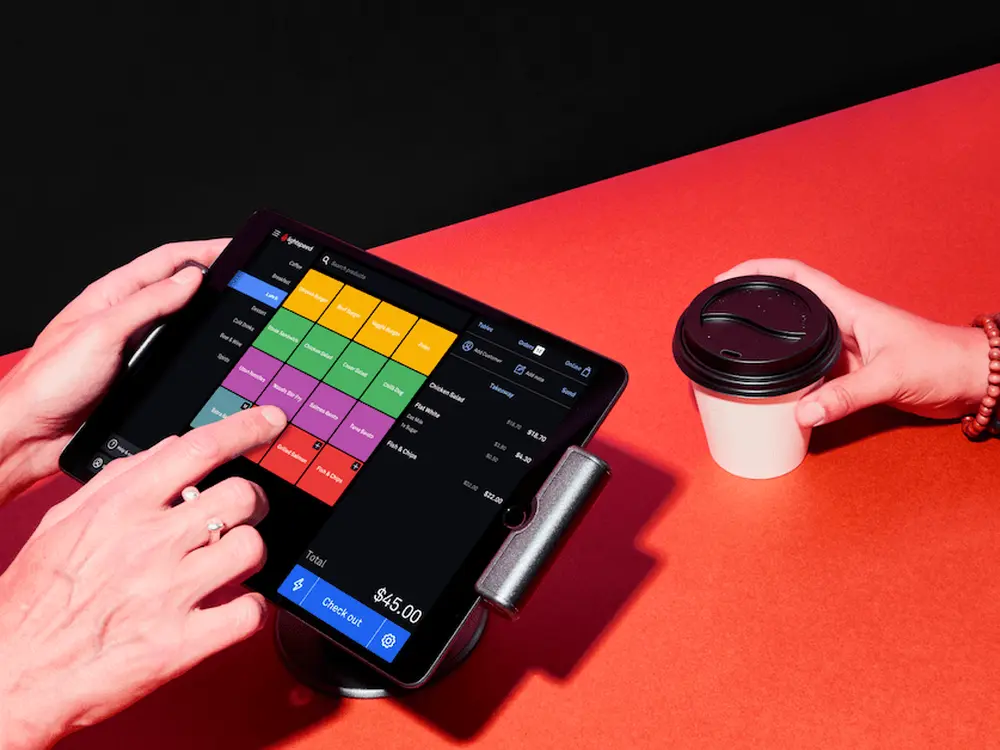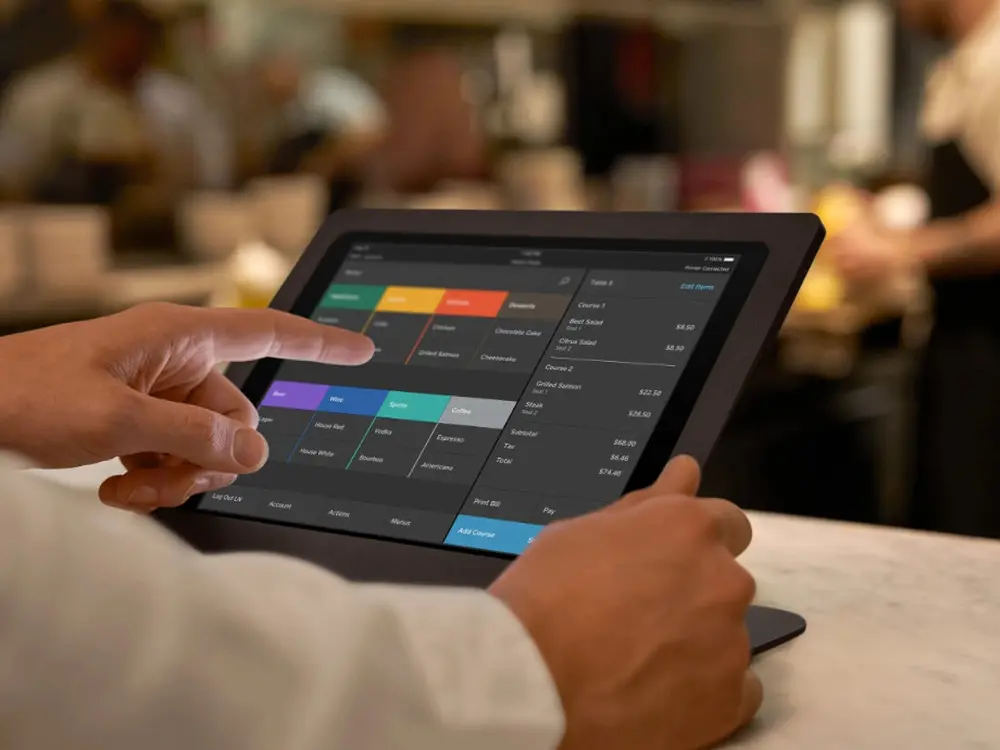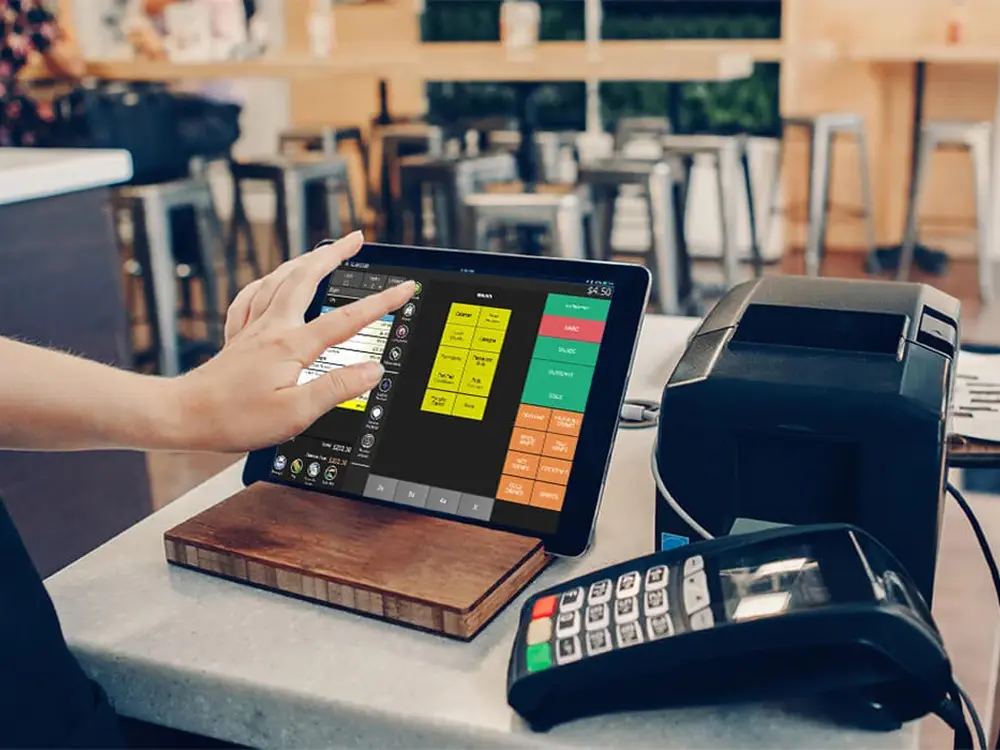Top 5 Ways POS Systems Are Transforming Retail
The retail industry is undergoing a digital transformation, and at the heart of this revolution are Point-of-Sale (POS) systems. These sophisticated tools do more than just process transactions; they streamline operations, enhance customer experiences, and provide valuable insights. In this blog, we’ll explore the top 5 ways POS systems are transforming retail, showcasing the benefits and technology that make them indispensable.

1. Streamlined Sales and Payment Processing
One of the most significant impacts of POS systems is the streamlining of sales and payment processes. Gone are the days of slow, error-prone cash registers. Modern POS systems offer:
- Multiple Payment Options: Support for cash, credit/debit cards, mobile payments, and contactless transactions ensures a smooth and flexible checkout experience for customers.
- Faster Transactions: With quick scanning, easy payment processing, and digital receipts, POS systems reduce wait times and keep lines moving, improving overall customer satisfaction.
- Integrated Systems: POS systems integrate seamlessly with other business tools like accounting software, inventory management systems, and CRM platforms, ensuring smooth data flow and efficient operations.

2. Enhanced Inventory Management
Effective inventory management is crucial for retail success, and POS systems excel in this area by offering:
- Real-Time Tracking: Monitor inventory levels in real-time, reducing the risk of stockouts and overstocking. Retailers can make informed decisions about reordering and stocking.
- Automated Alerts: Receive notifications when stock levels are low, helping maintain optimal inventory levels and ensuring popular products are always available.
- Detailed Reports: Generate reports on sales trends, inventory turnover, and stock levels to gain insights into which products are performing well and which need adjustments.
3. Improved Customer Relationship Management (CRM)
Building strong customer relationships is key to retail success, and POS systems offer robust CRM features, including:
- Customer Profiles: Store detailed customer information, purchase history, and preferences to personalize shopping experiences and tailor marketing efforts.
- Loyalty Programs: Implement and manage loyalty programs that reward repeat customers, encouraging brand loyalty and increasing sales.
- Targeted Marketing: Use customer data to create targeted marketing campaigns and promotions that resonate with specific customer segments, driving engagement and sales.

4. Comprehensive Reporting and Analytics
POS systems are powerful tools for data-driven decision-making, providing retailers with:
- Sales Reports: Access detailed reports on sales performance, including best-selling products, peak sales times, and revenue breakdowns.
- Inventory Reports: Track inventory levels, turnover rates, and reorder points to optimize stock management.
- Employee Performance: Monitor employee sales, productivity, and efficiency to identify top performers and areas for improvement.
- Customer Insights: Analyze customer behavior and preferences to refine marketing strategies and enhance customer experiences.
5. Advanced Technology Integration
The technology behind POS systems is continually evolving, incorporating advanced features such as:
- Cloud-Based Solutions: Cloud-based POS systems offer real-time data access, remote management, automatic updates, and scalability. Retailers can manage their operations from anywhere with an internet connection.
- Mobile POS (mPOS): mPOS systems enable retailers to process transactions using smartphones or tablets, offering greater flexibility and mobility within the store or at off-site events.
- AI and Machine Learning: Artificial intelligence and machine learning capabilities provide predictive analytics, personalized recommendations, and automated inventory management, helping retailers stay ahead of trends.
- Security Features: Modern POS systems incorporate robust security measures, including encryption, tokenization, and secure payment gateways, to protect sensitive customer and business data.
Future Trends in POS Systems
Looking ahead, POS systems will continue to evolve, with trends such as:
- Omni-Channel Integration: Seamless integration across physical stores, online platforms, and social media to provide a unified shopping experience.
- Enhanced Customer Engagement: Incorporation of augmented reality (AR), virtual try-ons, and interactive displays to create immersive and engaging customer experiences.
- Voice Recognition and Biometrics: Implementation of voice commands and biometric authentication for faster, more secure transactions.
In conclusion, POS systems are revolutionizing the retail landscape by offering comprehensive solutions that streamline operations, enhance customer experiences, and provide valuable insights. As technology advances, POS systems will become even more integral to retail success, helping businesses stay competitive in a dynamic market.

